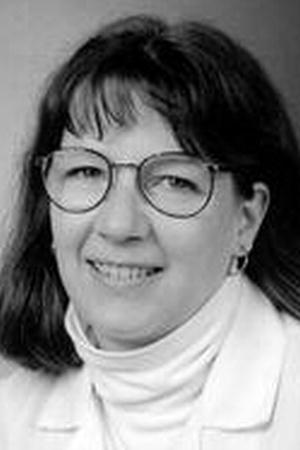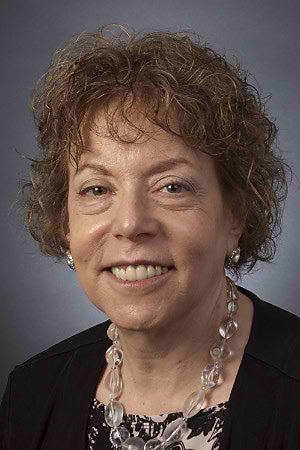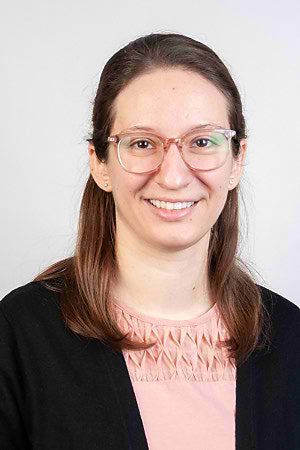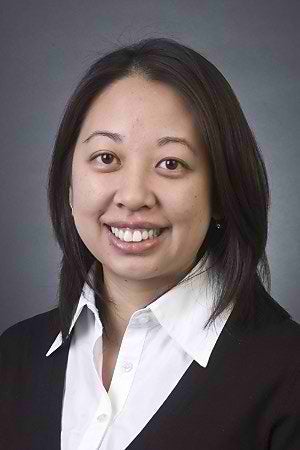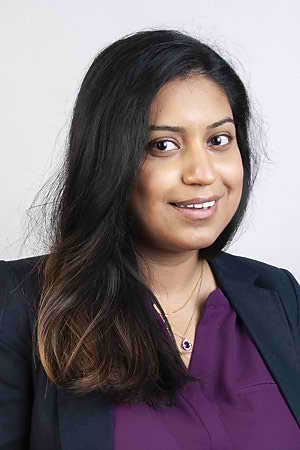Bassett Medical Center
Contact
Phone:
Emergency Department: (607) 547-3355
Prime Care: (607) 547-4625
Risk Management / Patient Safety: (607) 322-0932
Patient Representative Service: (607) 547-3912
For More Information: 1-800-BASSETT
Named Among Best Hospitals for Heart Attack Treatment — Learn More
Nationally Recognized with 2025 Performance Leadership Award — Learn More
Bassett Medical Center's Campus
Bassett Medical Center, the foundation for the Bassett Healthcare Network, is a 180-bed, acute care inpatient teaching facility in Cooperstown, New York. Bassett Medical Center offers 24-hour emergency and trauma care, comprehensive cancer and heart care, dialysis, and most medical and surgical specialties. The Bassett Clinic is located on the same campus as the medical center and provides outpatient primary and specialty care. The medical center also provides post-graduate residency training programs in medicine and surgery and maintains a strong academic program through its affiliation with Columbia University College of Physicians and Surgeons (P&S). In 2009, Bassett Medical Center became a medical school campus of Columbia P&S. The Bassett Research Institute, located on the medical center campus, conducts programs in clinical science, and population and public health studies.
Parking Areas, Accessible Parking Spots, and Cooperstown Campus Map
Please see the below image (click to expand) for a map of our Cooperstown campus, which highlights our patient parking areas.
Accessible parking spots are located at the shortest accessible routes to access the entrances of the hospital and clinic building.
Patient Shuttle Service
Bassett Medical Center offers a patient shuttle service to and from parking lots on our campus. The shuttle service stops regularly Monday through Friday from 8:00am — 5:00pm at each lot, but patients may also call (607) 547-5959 to ask for transport.
Bassett Medical Center Named Among Best Hospitals for Heart Attack Treatment
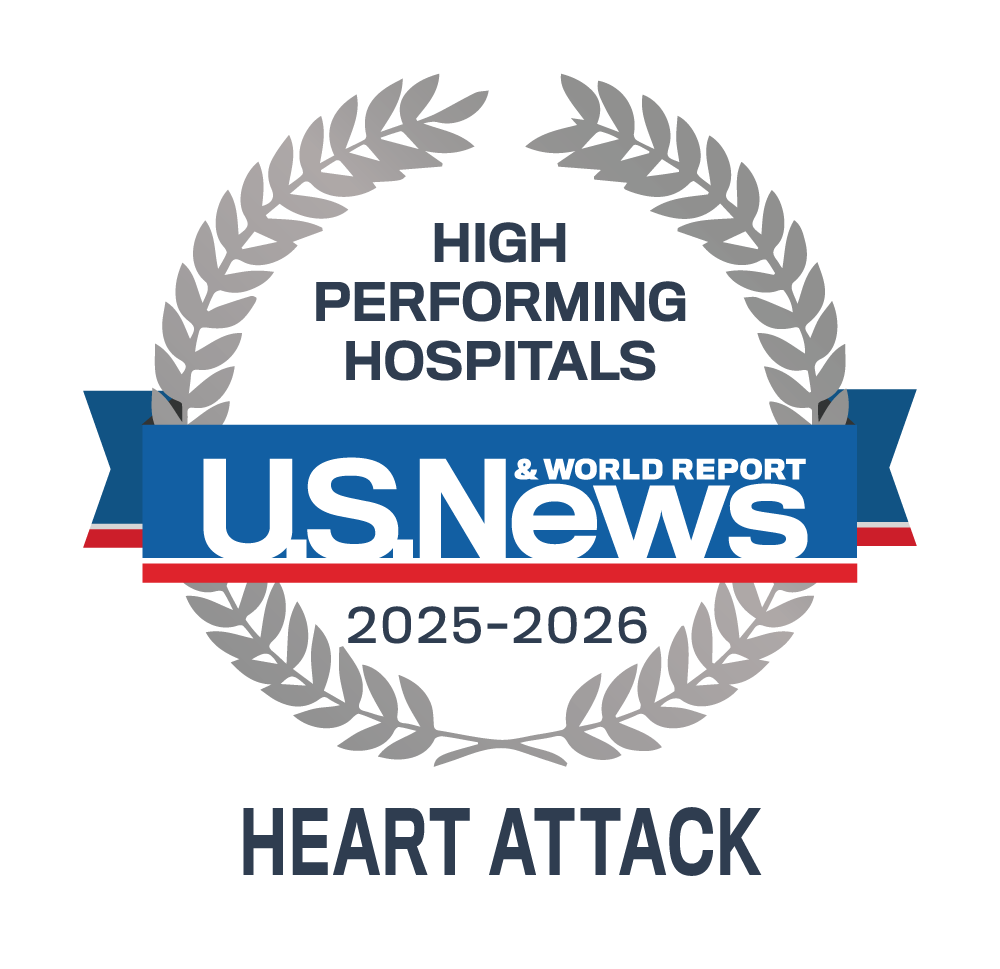
U.S. News & World Report has recognized Bassett Medical Center as a high performing hospital in the treatment of heart attacks. Click here to learn more.
Bassett Medical Center Nationally Recognized with 2025 Performance Leadership Award
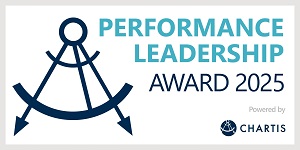
Bassett Medical Center is recognized with the 2025 Performance Leadership Award from The Chartis Center for Rural Health. The Performance Leadership Awards program recognizes top performing rural hospitals in Quality, Outcomes, and/or Patient Perspective. Bassett Medical Center is recognized in the Outcomes category.
Bassett Pharmacy Cooperstown
Bassett Medical Center's Outpatient Pharmacy
A wide range of medications are available at Bassett Pharmacy Cooperstown, and many items can be ordered for the next day, if needed. Year-round vaccinations are offered at Bassett Medical Center's Outpatient Pharmacy!
To speak with the pharmacy team at Bassett Medical Center's clinic building, please call (607) 547-6681.
- Hours: Monday — Friday, 8:00am — 5:30pm
Naloxone Nasal Spray is Available at All Bassett Outpatient Pharmacies Without a Prescription
Naloxone nasal spray is available at all Basset Health outpatient pharmacies and many retail and community pharmacies without a prescription. Naloxone, often referred to by the brand name Narcan, is an opioid antagonist that temporarily reverses the effects of both prescription and illegal opioids. It is highly effective as an emergency treatment in cases of known or suspected opioid overdose.
Drug Collection Kiosk at Bassett Pharmacy Cooperstown
We're proud to offer drug collection kiosks at various locations throughout our network to help our community members clean out their medicine cabinets safely! Just bring your unneeded, unwanted, and/or expired medications to any of these kiosks for free, safe disposal — no questions asked.
On Bassett Medical Center's campus, the drug collection kiosk can be found in the clinic building, right next to the outpatient pharmacy on the first floor.

- This service is open to the public — you do not need to be a Bassett patient to participate.
- The program covers over-the-counter, prescription, and veterinary (pet) medications.
- Only pills and liquids can be deposited in the kiosks. Inhalers and sprays should be brought to one of the pharmacy locations to be collected at the pharmacy window.
- This program does not accept needles and other sharps. Patients should ask their primary care provider about properly disposing of sharps.
- Participants should only deposit medications prescribed to themselves, a dependent, or someone who is deceased.
- Medications do not need to be in their original containers.
- Thousands of Americans call poison control lines, get admitted to the hospital, or die each year due to home medication errors or accidental consumption. Eliminating unneeded medications can save lives — especially those of children, elderly people, and pets.
- Prescribed painkillers are often sought out by people struggling with addiction. Disposing of unneeded pain medications can help fight the opioid epidemic.
- Medications dumped in landfills or flushed down toilets contaminate soil, groundwater, rivers, and oceans. Returning drugs to hospitals and pharmacies to be properly disposed of protects wildlife and community water supplies.
Community Health Needs & Community Services Plan
Otsego County Community Health Needs Assessment and Community Service Plan 2022-2024
Related Events
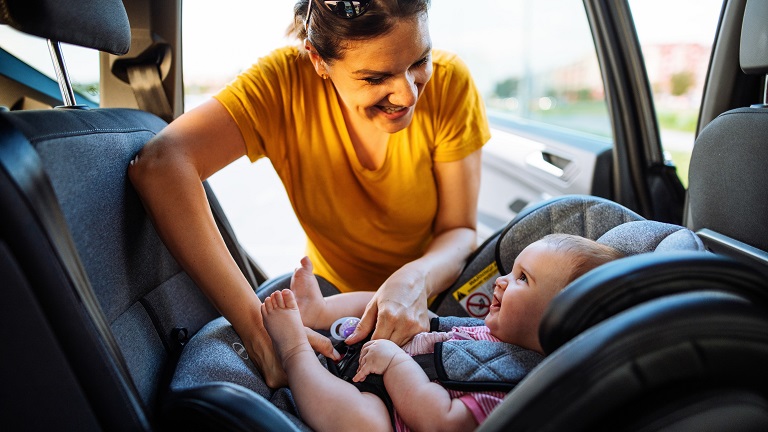 Car Seat Education Class
Car Seat Education Class
Obstetrics & Maternity Care
Car Seat Education Class
Thursday, February 26, 2026
7:00 pm - 8:00 pm
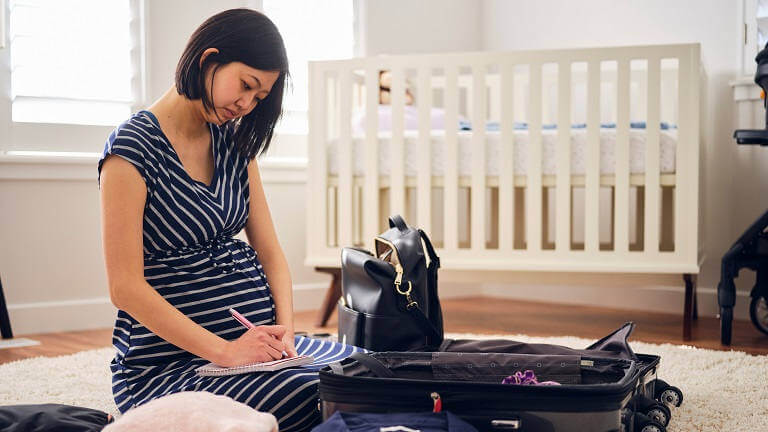 Childbirth Preparation Class in Cooperstown
Childbirth Preparation Class in Cooperstown
Obstetrics & Maternity Care
Childbirth Preparation Class in Cooperstown
Saturday, March 14, 2026
9:30 am - 4:00 pm
 Car Seat Education Class
Car Seat Education Class
Obstetrics & Maternity Care
Car Seat Education Class
Thursday, March 19, 2026
7:00 pm - 8:00 pm
 Childbirth Preparation Class in Cooperstown
Childbirth Preparation Class in Cooperstown
Obstetrics & Maternity Care
Childbirth Preparation Class in Cooperstown
Saturday, April 11, 2026
9:30 am - 4:00 pm
 Car Seat Education Class
Car Seat Education Class
Obstetrics & Maternity Care
Car Seat Education Class
Thursday, April 23, 2026
7:00 pm - 8:00 pm
 Childbirth Preparation Class in Cooperstown
Childbirth Preparation Class in Cooperstown
Obstetrics & Maternity Care
Childbirth Preparation Class in Cooperstown
Saturday, May 9, 2026
9:30 am - 4:00 pm

